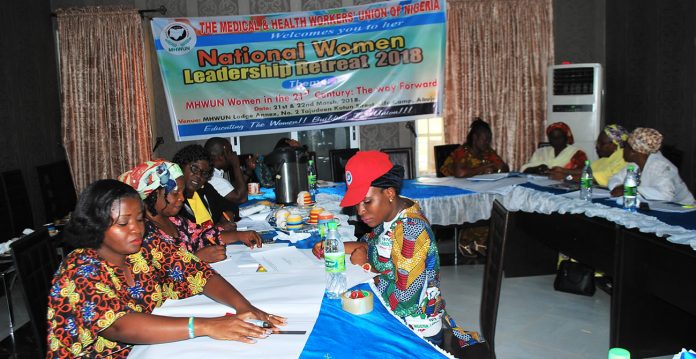A trade union is an organization of workers who have come together to achieve common goals. These include attaining better wages and benefits (such as holidays, health care, and retirement). But also protecting the integrity of their vocations, improving safety standards and working conditions. This is achieved through the increased bargaining power they wield as combinations of workers, which can invoke the right to strike.
The trade union, through its leadership, bargains with the employer on behalf of union members (rank and file members) and negotiates labour contracts (collective bargaining agreements) with employers. The most common purpose of these associations or trade unions is “maintaining or improving the conditions of employment” of their members.
The main way this is done is through negotiations over: wages; work rules; complaints procedures; rules governing hiring, firing and promotion of workers; benefits; workplace safety and policies, and; other issues.
Types of Trade Unions
Unions may organize a particular section of skilled workers (craft unionism – for example, the Academic Staff Union of Universities, ASUU, Nigeria Union of Teachers, NUT and the National Association of Nigeria Nurses and Midwives, NANNM), a cross-section of workers from various trades (general unionism – for example, the Amalgamated Union of Public Corporation, Civil Service Technical and Recreational Services Employees, AUPCTRE) or attempt to organize all workers within a particular industry (industrial unionism – for example, the National Union of Textiles, Garment and Tailoring Workers of Nigeria, NUTGTWN, and the National Union of Petroleum and Natural Gas Workers, NUPENG).
Agreements negotiated by a trade union should be binding on the rank and file members, the employer and in most cases on other workers that are not union members. Trade unions traditionally have a constitution which details their structures. The procedural agreements reached between unions and employers determine the governance of bargaining units and defined periods between negotiations.
Individual trade unions also come together in trade union centres. The key ones are the Nigeria Labour Congress (NLC) and the Trades Union Congress (TUC) which represent most of the trade unions.
Bureaucracy and the Rank & File
Especially in the larger more established trade unions, there is often a conflict or difference in strategy between the bureaucracy (appointed or elected senior officials working for the trade union) and the rank and file, ordinary members of the union. The bureaucrats are often well paid and have safe and satisfying jobs, or in the case of those that are elected, enjoy some benefits such as honoraria from the union, apart from the salaries they are paid at their workplaces.
They see their role as seeking agreements or compromises with the bosses and quite often come to think that winning agreements is best won through their ability to negotiate. In contrast, trade union militants recognise that significant gains can only be won by organising effective strike or other collective action, which involve the mobilisation of rank and file working-class people.
Discrimination at work
Women compose the majority of informal economy workers, but only about a third of workers in the non-agricultural formal sector. Women earn consistently less than men in formal jobs. Women occupy fewer than 30% of all posts in the public sector and only 17% of the senior positions. Women can also suffer sexual harassment at work. With the recent international campaign, this is an area where the NLC has become more active.
The public sector should lead by example it should consider policies and incentives to ensure that women fill at least 50% of public sector posts, especially at the higher levels. The public sector should identify measures to ensure that women fill at least a third of the new appointments for senior positions, judges and permanent secretaries, for example. The trade unions need to push for positive discrimination in favour of women to start to correct these injustices.
Government not implementing agreements
Time and time again the Government has refused to implement agreements that it has made with trade unions. So, especially in the education and health sectors many strikes are about non-implementation of previous agreements – sometimes going back years. In this situation, trade union leaders cannot afford to call off strikes before payments or other action has been taken. They need to tell the Government that they will only think about calling off the strike once their members have received alerts from their banks to show that payments have been made. The problem is that the bureaucracy often sees strikes as a way to get negotiations started rather than the only power we have to force the government to implement agreements.
Socialists to be active in their trade union
All socialists need to be active in the most appropriate trade union for their work place. They need to ensure that all the local issues and problems are taken up by the trade union and that action is taken as soon as possible to push these demands. Socialists should also be seeking to become local officers for their trade unions so that they can provide effective leadership for workers’ demands.
by Josephine ALABI









